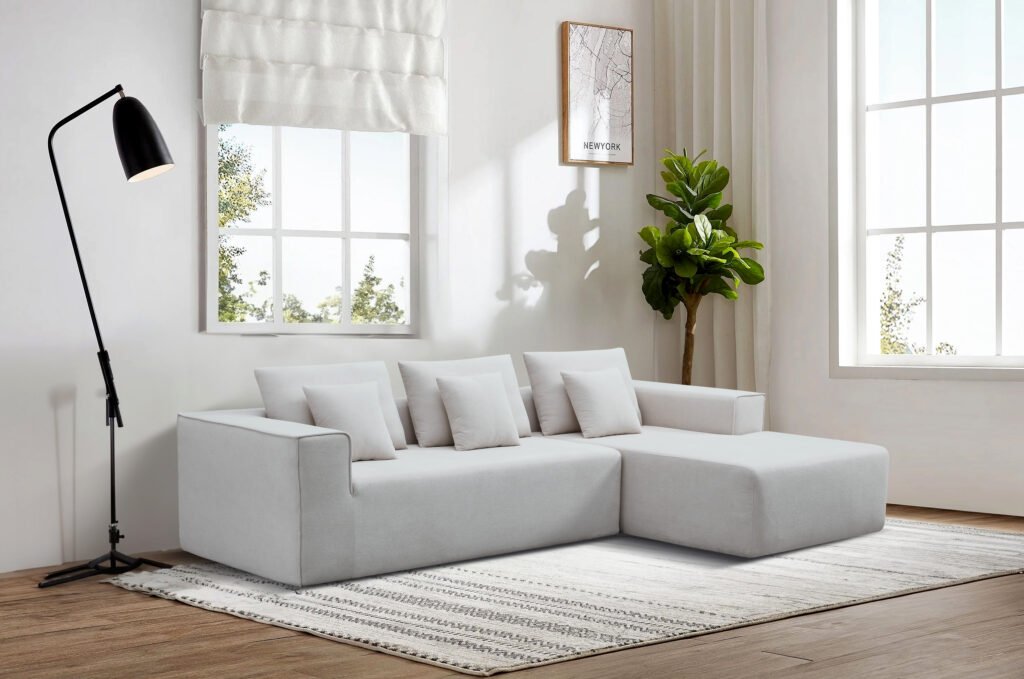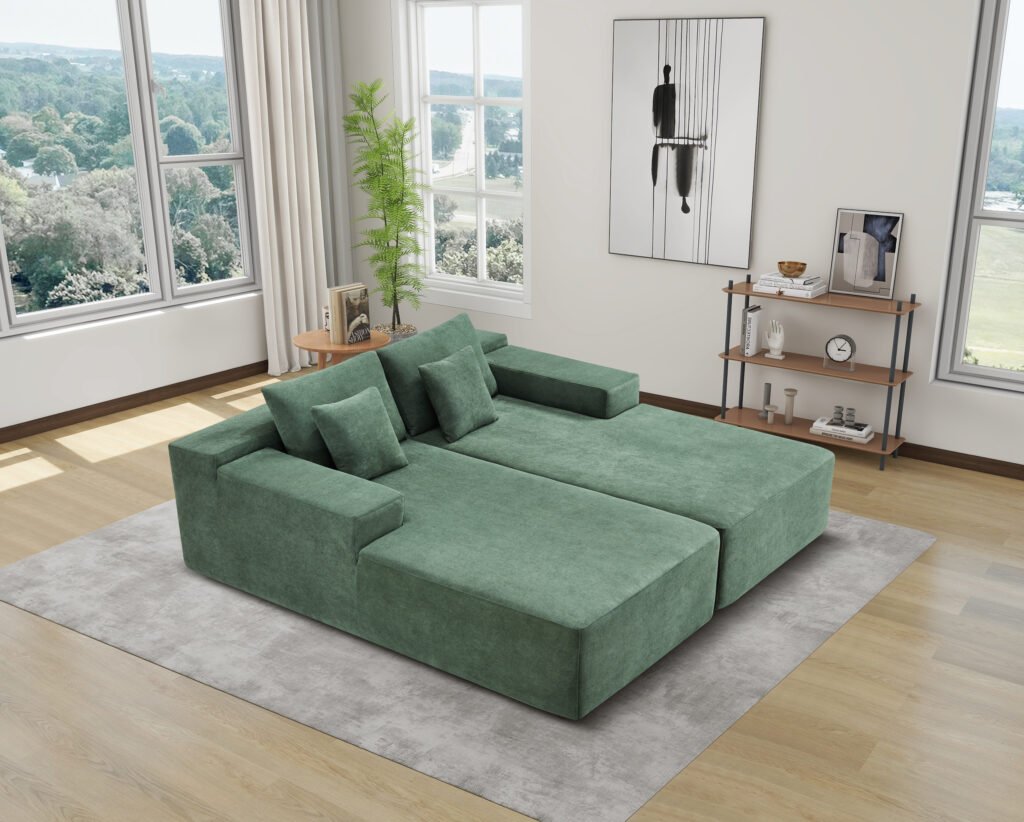
Introduction
In the competitive B2B furniture market, optimizing shipping costs is critical for profitability, scalability, and sustainable growth. Just as glass bottles are the preferred choice in the liquor industry for their protective qualities, branding potential, and sustainability, compress packaging has become the gold standard for shipping sofas. This guide explores how compress packaging delivers significant cost savings in sofa logistics, providing B2B brands, wholesalers, and distributors with a strategic edge in 2025 and beyond.
Maximizing Protection and Minimizing Loss
The primary function of any packaging is to protect its contents during transit. Compress packaging, much like glass bottles in liquor logistics, offers a robust barrier against environmental hazards and mechanical damage. By vacuum-sealing sofas and reducing their volume, compress packaging prevents moisture, dust, and impact from compromising product quality. This durability means fewer returns, less damage during transport, and ultimately, lower loss rates for B2B partners1.


Dramatically Increasing Container Utilization
Compress packaging allows sofas to be vacuum-packed, reducing their shipping volume by up to 85%. This space-saving transformation enables B2B shippers to load significantly more units per container or pallet, maximizing every cubic meter of shipping space. The result: lower per-unit shipping costs, reduced need for additional containers, and improved logistics efficiency—directly benefiting the bottom line for manufacturers and distributors1.
Lowering Freight and Handling Costs
With more sofas fitting into each shipment, overall freight charges decrease, and handling becomes more streamlined. Compress packaging’s standardized shapes and sizes facilitate faster loading, unloading, and warehousing, reducing labor costs and minimizing the risk of costly errors or delays in the supply chain. This efficiency is especially valuable for B2B e-commerce and international distribution channels where speed and reliability are paramount1.
Supporting Sustainability and Brand Value
Sustainability is increasingly central to B2B purchasing decisions. Compress packaging reduces not only shipping costs but also packaging waste and carbon emissions by enabling fewer shipments and more efficient transportation. This aligns with global trends toward eco-friendly logistics and enhances brand reputation among environmentally conscious clients—paralleling the liquor industry’s shift to recyclable glass bottles for sustainable packaging solutions12.


Customization and Market Differentiation
Just as liquor brands use custom glass bottles to stand out, B2B furniture brands can leverage custom compress packaging—such as branded vacuum bags or recyclable outer wraps—to reinforce their identity and add value for clients. This approach not only saves on shipping but also elevates the unboxing experience and strengthens customer loyalty1.
Conclusion
Compress packaging is a transformative solution for B2B sofa shipping, delivering substantial savings through enhanced protection, superior container utilization, reduced freight costs, and sustainable logistics. By adopting compress packaging, furniture brands and distributors can achieve greater operational efficiency, meet evolving market demands, and position themselves as leaders in both cost management and environmental responsibility.